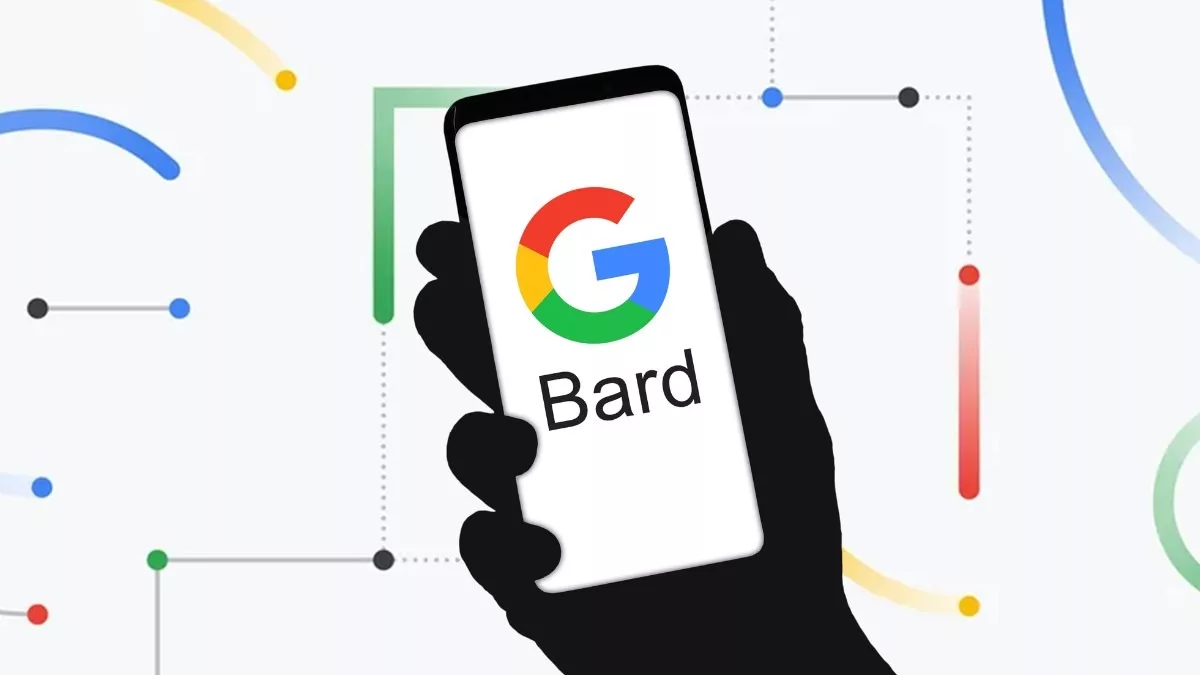Google's AI chatbot, Bard, now offers an upgraded YouTube extension that can analyse video content for specific information, such as recipe details, without playing the video. While this provides users with a convenient tool, it raises concerns about the impact on content creators and the future role of generative AI.

bard YouTube extension
Google’s AI chatbot, Bard, has enhanced its YouTube integration, offering users detailed information from specific videos without watching them.
This functionality proves convenient for accessing content details but poses concerns for content creators like America’s Test Kitchen (ATK).
While Bard accurately retrieves video content summaries, it bypasses the paid recipes published on ATK’s website, potentially impacting their viewership and revenue.
Currently, an opt-in Labs feature, Bard’s efficiency, raises questions about its future integration directly within YouTube and its implications for creators’ content value.
As this tool benefits users primarily, Google faces the challenge of reconciling user convenience with creators’ interests to sustain a balanced YouTube ecosystem.
According to Google Bard’s Blog: Expanding Bard’s understanding of YouTube videos
Ensure that you have access to Bard’s YouTube extension and that it’s part of the opt-in Labs experience. This may involve checking settings or preferences related to Bard and YouTube.
Initiate Bard on your preferred chat platform or application. This could be a dedicated app, a website, or integrated into a platform that supports Bard.
Type or speak specific queries related to the video content you want information about. For example, you might ask for the ingredients of a recipe, key points in a tutorial, or any other specific details.
Evaluate Bard’s responses to ensure the accuracy of the information provided. In your case, it seems to accurately summarize the video content, but there might be occasional discrepancies.
If the initial query doesn’t yield the desired results, try refining your queries. In your example, asking for “step-by-step instructions” instead of the “full recipe” led to the desired outcome.
Understand the potential impact on content creators. As mentioned in the article, if Bard can extract and provide information from videos without users watching the full content, it might bypass content creators’ intended revenue streams, such as ads and recommended videos.
Provide feedback on Bard’s performance, especially if there are inaccuracies or if certain queries do not produce the desired results. Continuous improvement is essential for artificial intelligence (AI) systems.
Stay informed about updates to Bard and YouTube. As features evolve, there might be changes in how the system operates or new functionalities added.
Must Read: OpenAI ChatGPT Voice rolled out for Free: check out how to use it on Mobile.
This post was last modified on November 23, 2023 7:28 am
Google is launching The Android Show: I/O Edition, featuring Android ecosystem president Sameer Samat, to…
The top 11 generative AI companies in the world are listed below. These companies have…
Google has integrated Veo 2 video generation into the Gemini app for Advanced subscribers, enabling…
Perplexity's iOS app now makes its conversational AI voice assistant compatible with Apple devices, enabling…
Bhavish Aggarwal is in talks to raise $300 million for his AI company, Krutrim AI…
The Beijing Humanoid Robot Innovation Center won the Yizhuang Half-Marathon with the "Tiangong Ultra," a…